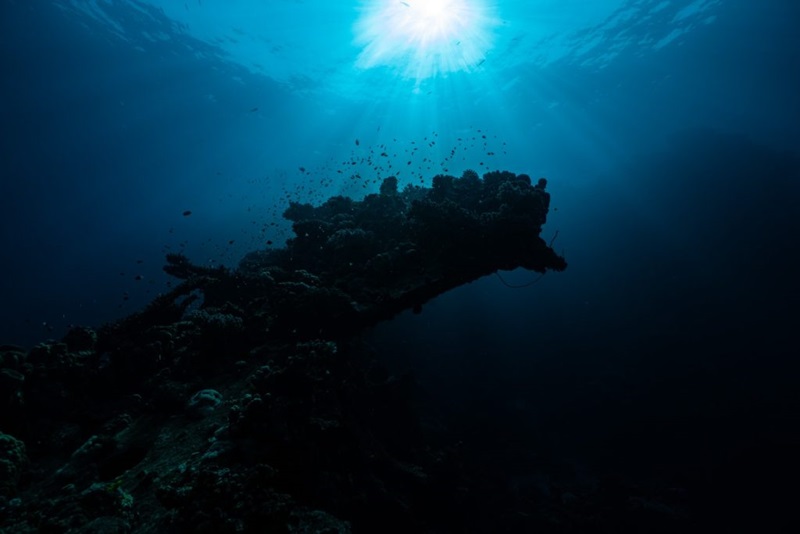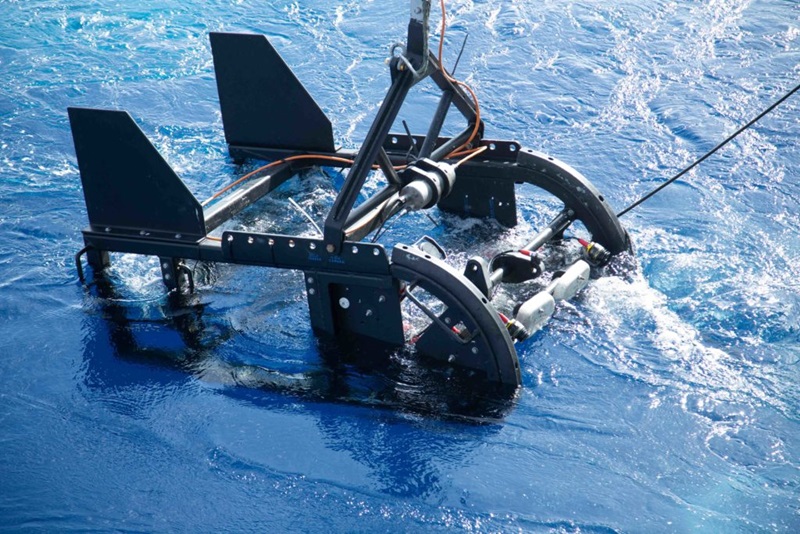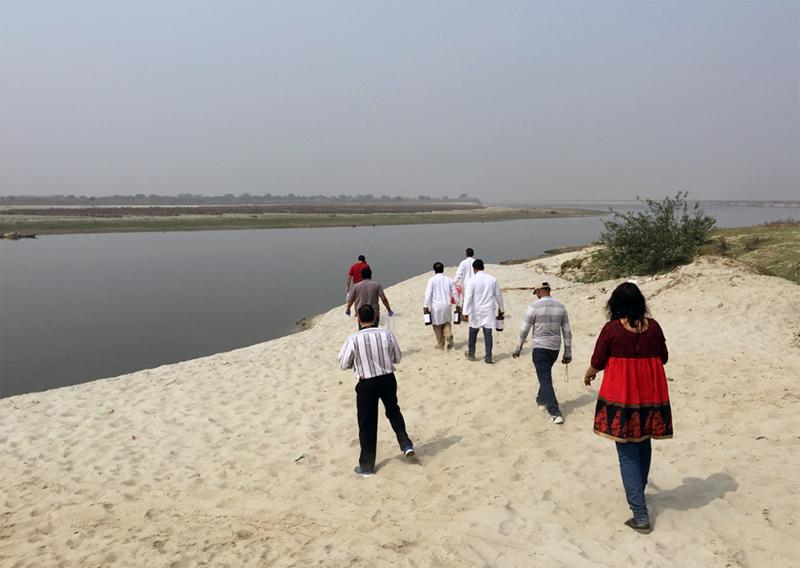
Revolutionising environmental monitoring using eDNA
Commonwealth Scientific and Industrial Research Organisation (CSIRO) Oceans and Atmosphere
Published: 15 February 2023
eDNA captures genetic material from the environment to detect species and monitor ecosystems. CSIRO developed Australian/New Zealand best practice guidelines to standardise methods, ensure reliability, and support decision-making in environmental monitoring.

Meet the stars of the first coin of 2023
Commonwealth Scientific and Industrial Research Organisation (CSIRO) Oceans and Atmosphere
Published: 2 February 2023
CSIRO and the Royal Australian Mint teamed up for the 2023 Creatures of the Deep coin program, celebrating RV Investigator’s deep-sea discoveries, featuring species like blobfish, king crab, dumbo octopus, and showcasing deep-towed camera technology.

The scientist helping Australia and India tackle common water quality challenges
Commonwealth Scientific and Industrial Research Organisation (CSIRO) Oceans and Atmosphere
Published: 30 January 2023
Dr Anu Kumar and CSIRO researchers studied pollution in India’s Ganges, tracking emerging contaminants like pesticides and pharmaceuticals, and collaborated with Indian partners to guide water quality management and river rejuvenation efforts.

